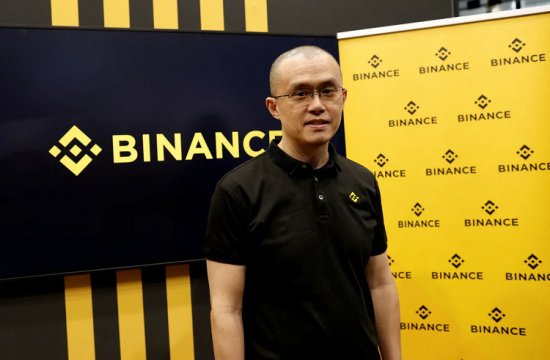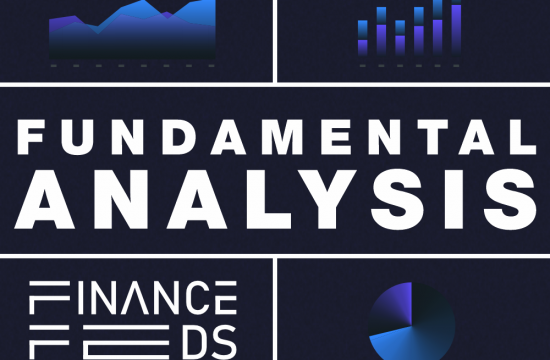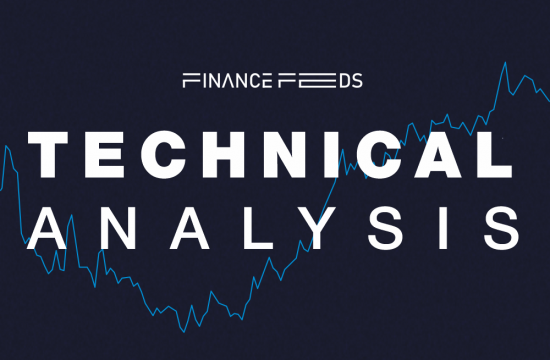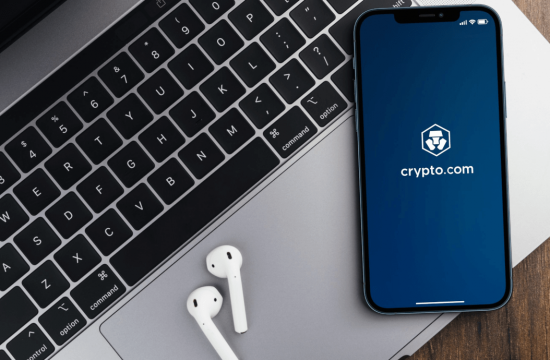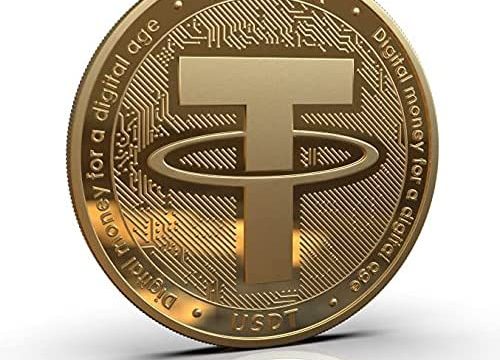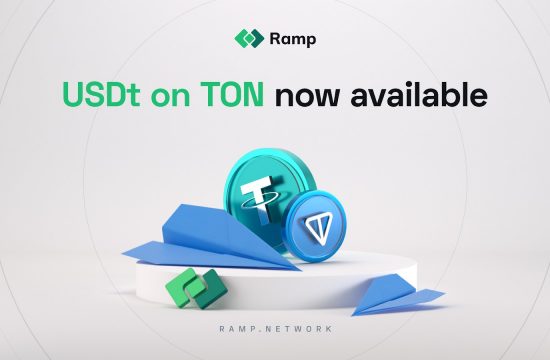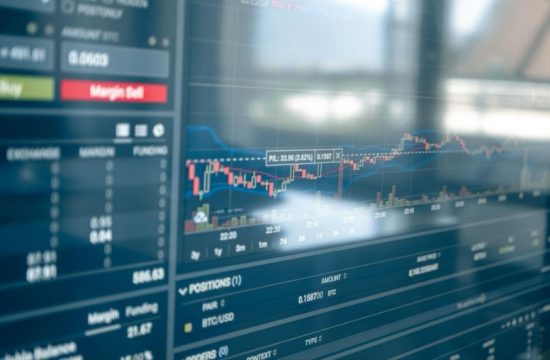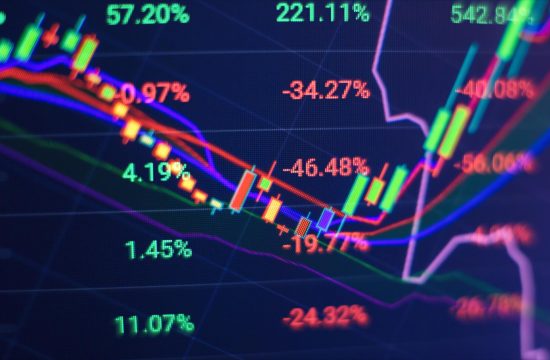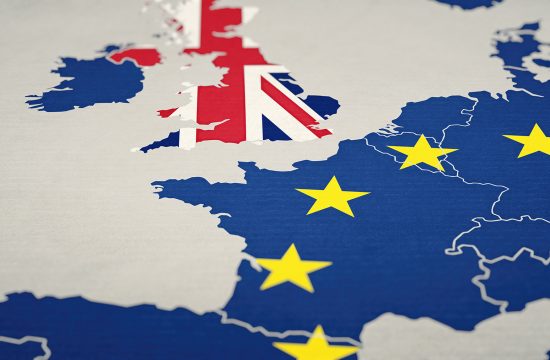As to Chris Larsen’s email chain, his counterpart, Carlos, is a Portuguese national residing in Portugal – known to be one of the world’s favorite crypto tax havens and generally a top tax haven for expats.

The XRP lawsuit is heating up again. Judge Analisa Torres has refused to seal evidence against Ripple in a move that reiterates the public interest of the case.
Favoring public disclosure, the magistrate ordered three exhibits to be made available and two garnered particular attention from the community watching the case unfolding.
Exhibit 179-4 shows individual defendant and Ripple CEO Brad Garlinghouse telling employees about XRP holders’ expectations towards the price of the digital asset and Ripple’s decision to lock up 55 billion XRP in escrow to address skepticism.
Exhibit 179-5 shows individual defendant and former Ripple co-founder Chris Larsen exchanging emails with an XRP holder about XRP’s price dynamics.
“The strategy of focusing on connecting banks serves both emerging trends – the more banks connect thru Ripple Connect and ILP, the more demand we should see for XRP as an asset to reduce liquidity costs.”
The Securities and Exchange Commission is likely to use both exhibits to argue that Ripple sold XRP as a security, thus making it an unregistered securities offering.
The Ripple counsel may, however, contest that Brad Garlinghouse’s statements were directed to employees, not XRP (potential) holders.
As to Chris Larsen’s email chain, his counterpart, Carlos, is a Portuguese national residing in Portugal – known to be one of the world’s favorite crypto tax havens and generally a top tax haven for expats.
Sales of XRP to foreign nationals outside the United States are not within the scope of the Securities and Exchange Commission as it doesn’t apply to the Securities Act of 1933.
So, even if Larsen did sell the digital asset as an investment contract, that evidence would likely be tainted in the eyes of the judge.
Attorney Jeremy Hogan analyzed the two exhibits a few days ago and considered them weak evidence to support the claim that Ripple sold and marketed XRP as an investment contract.
“These will be the SEC’s evidence that XRP purchasers were relying on Ripple to increase XRP’s price. I just hope for the SEC that they have more and better evidence than these two documents”, Hogan said ironically.
The SEC v. Ripple lawsuit seems to be getting back on track after several weeks of near dispair among the community following the case.
Although the SEC has been granted yet another extension, this time to prepare a motion of reconsideration about the deliberative privilege issue, Judge Torres is getting her hands dirty and is expected to rule on three dispositive motions very soon, including the long-awaited and key ruling on whether Ripple’s fair notice defense survives.



